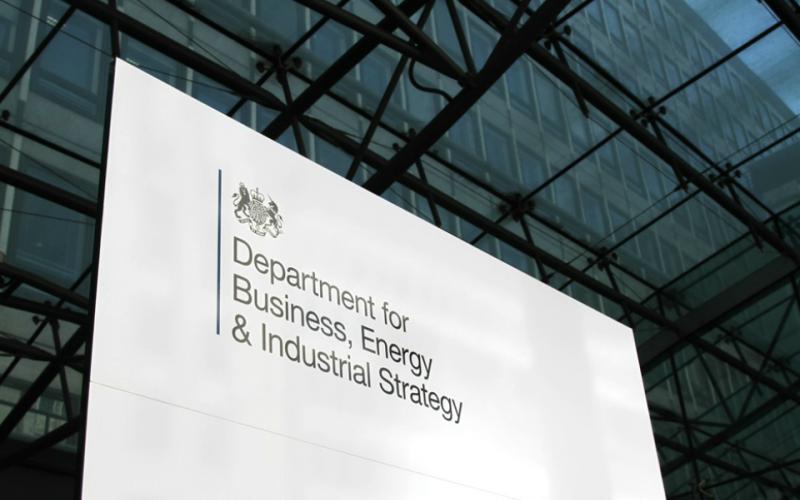The government’s consultation on the Contracts for Difference (CfD) scheme has been extended by an extra week.
The consultation was launched in March, and was looking into potential changes including a revision of technology pots, an extension of the negative pricing rule and a relaxation of energy storage metering requirements.
The initial closing date was 22 May, however this has now been revised to 29 May following “a number of requests” for an extension, the Department for Business, Energy and Industrial Strategy (BEIS) said.
The decision to extend the consultation came due to many stakeholders being occupied with the COVID-19 pandemic, which has seen BEIS also make plans to amend Capacity Market rules to relax certain deadlines and consult on deferring the Electricity Supplier Obligation Regulations payments.
BEIS confirmed that it is still aiming for the CfD Allocation Round 4 to open in 2021, stating it “strongly encourages” stakeholders to provide responses before the new deadline.
The extension follows BEIS previously stating that the consultation was not to be pushed back in April. This was due to stakeholder feedback stressing “the importance of maintaining the delivery of AR4 in 2021” at the time.
The consultation covers wide-ranging changes to the CfD, including allowing solar back into the scheme for the first time since the initial allocation round. In its update on the consultation today, BEIS addressed a number of questions that have been raised in consultation events.
It confirmed that it is looking to publishing allocation round parameters in draft form around 4-6 months before the round commences and it is not planning to permit aggregate bids where multiple developers come together to submit one bid.
BEIS is also not considering changing the rules to permit project to receive both CfD and Capacity Market payments for the upcoming allocation round, but did say it “continues to consider how current policies and the market structures they operate in over the long term can support the transition to net zero”.
It also said it is open to suggestions for more frequent allocation rounds in the future but doesn’t “currently believe that there is sufficient evidence that this would result in improved auction outcomes”.






